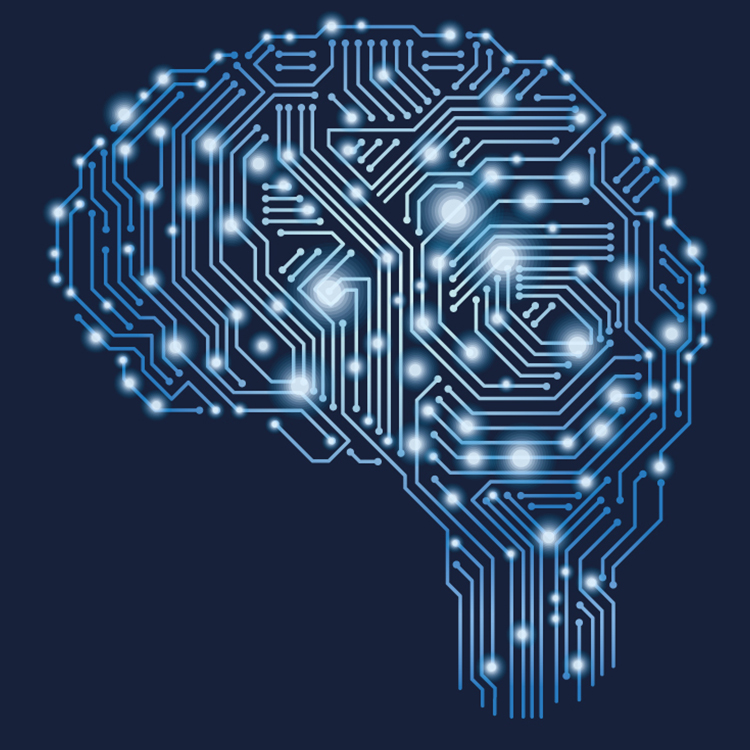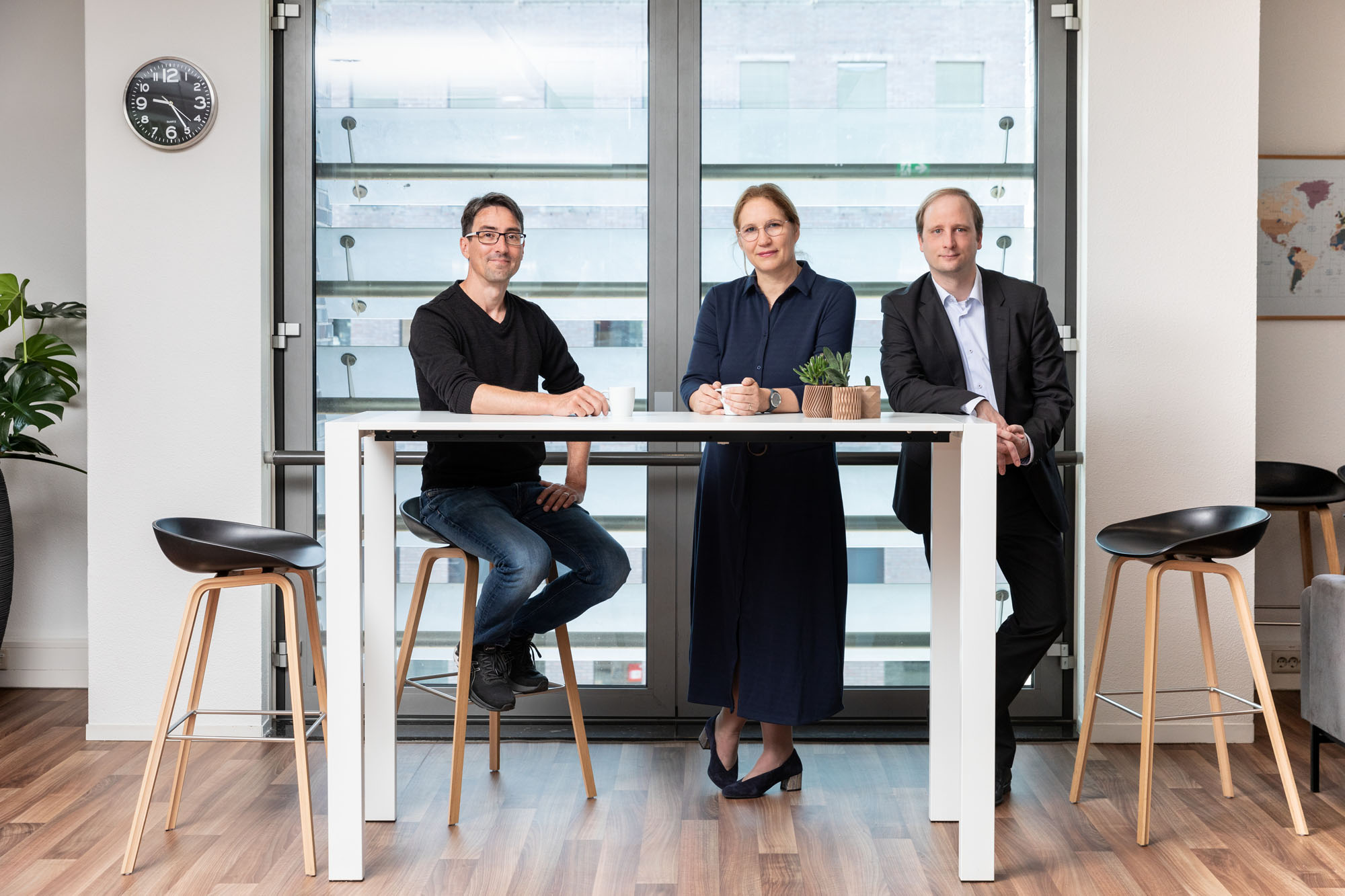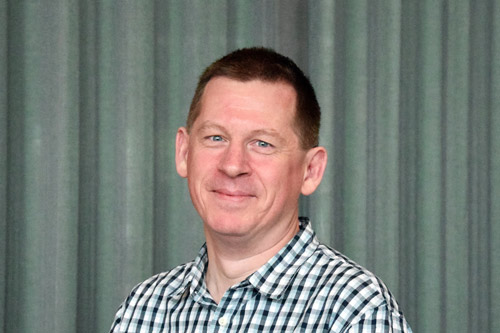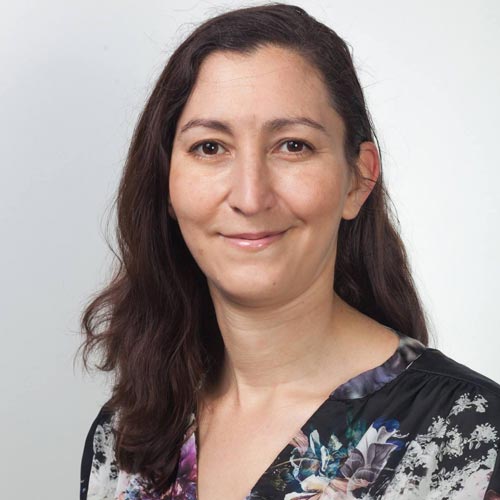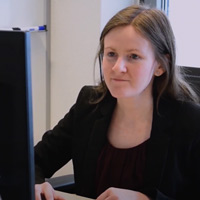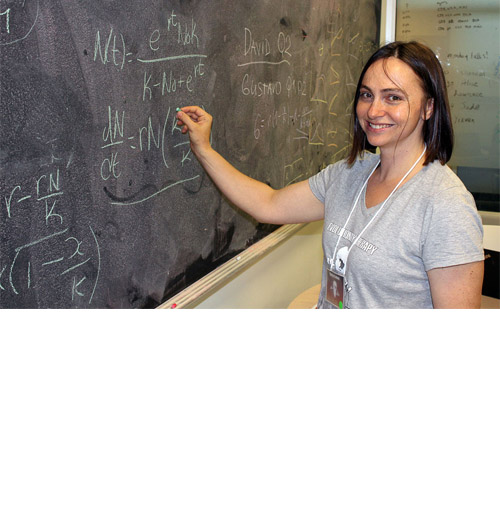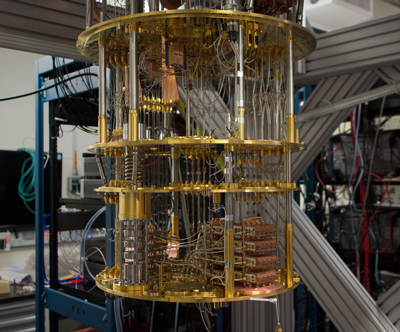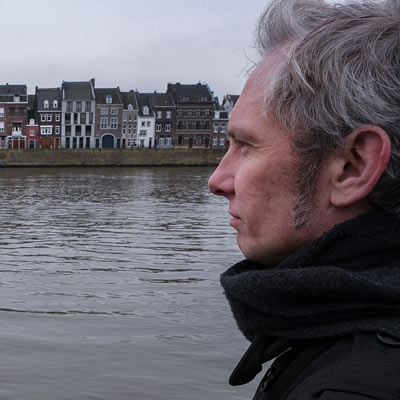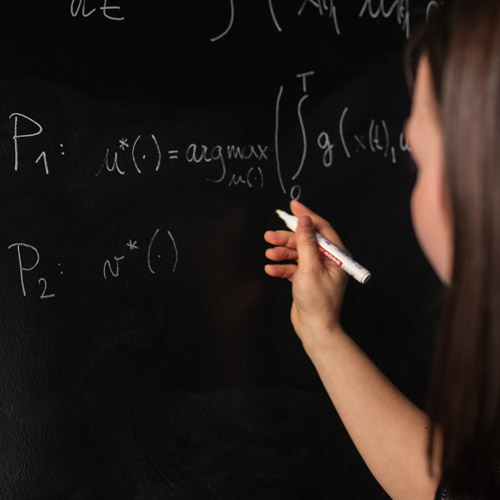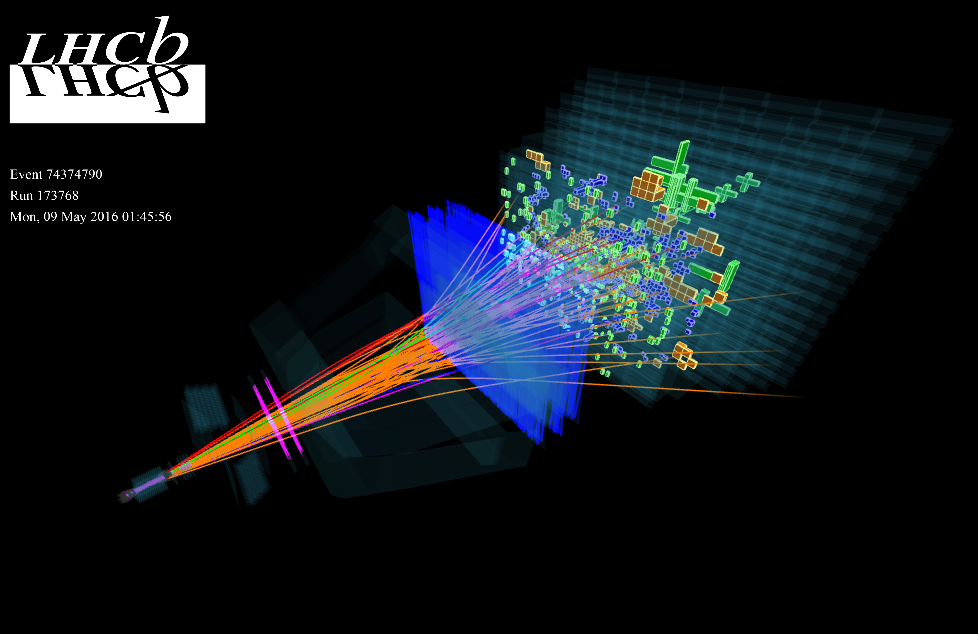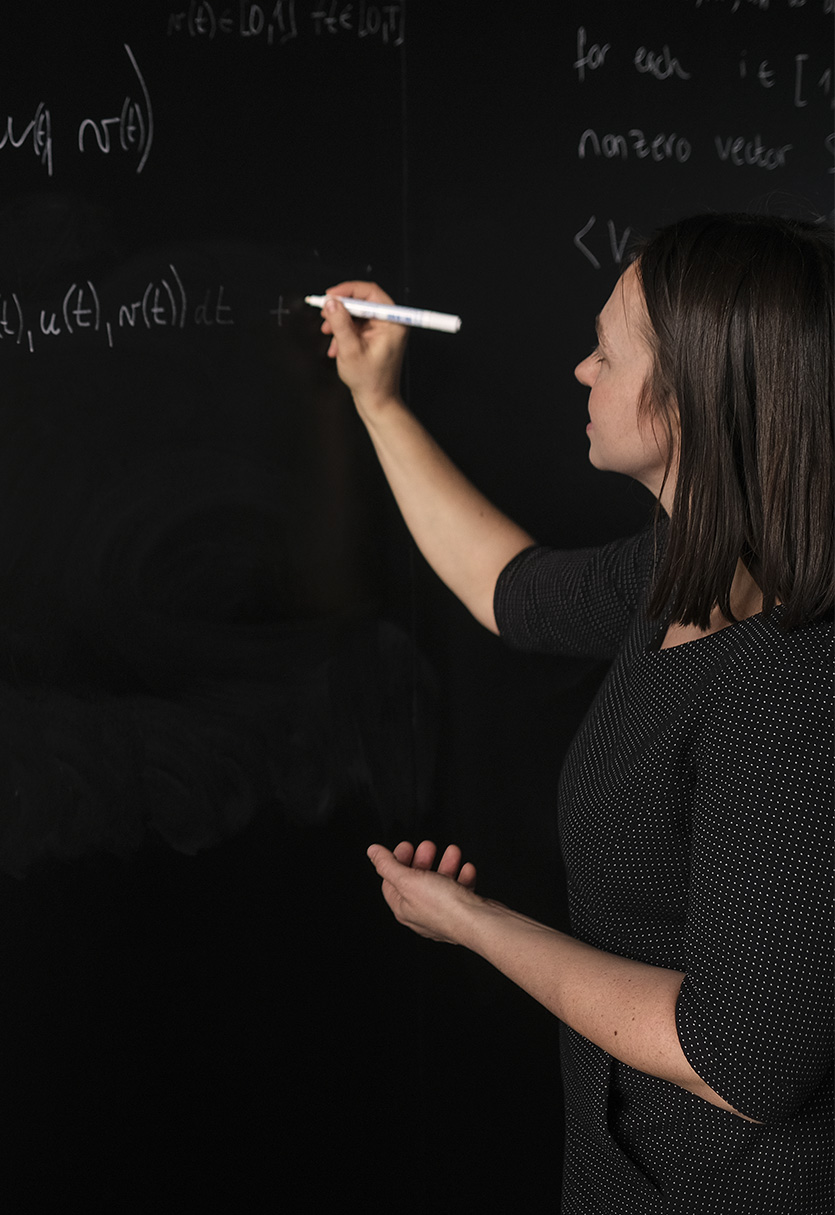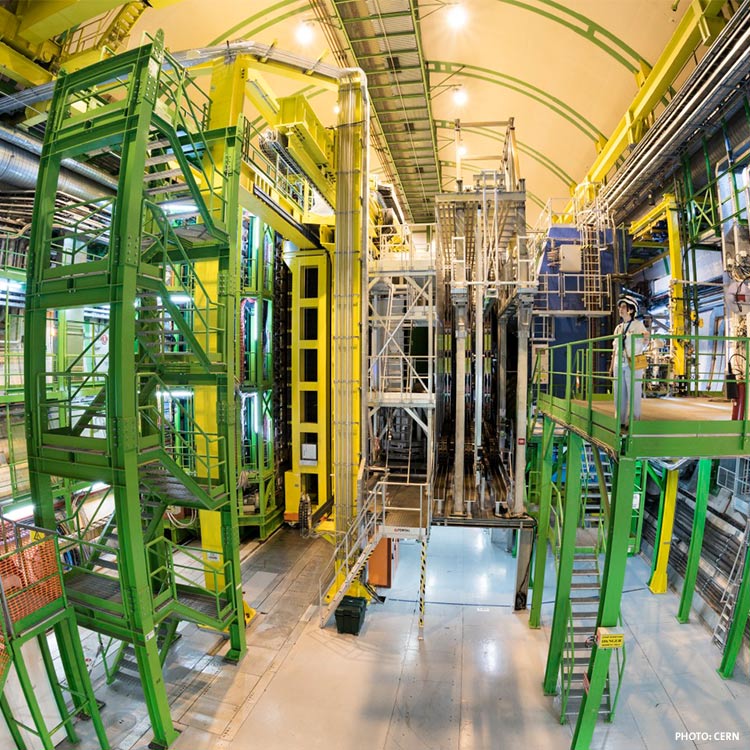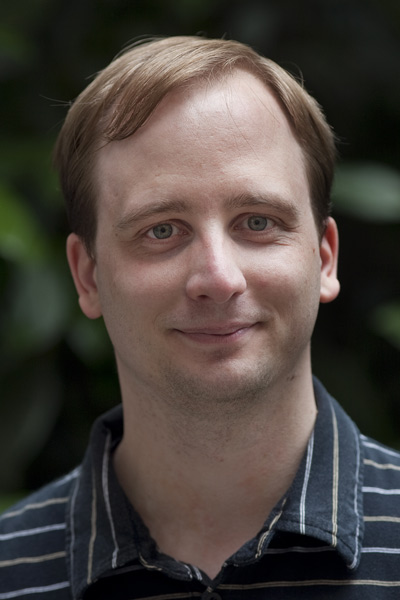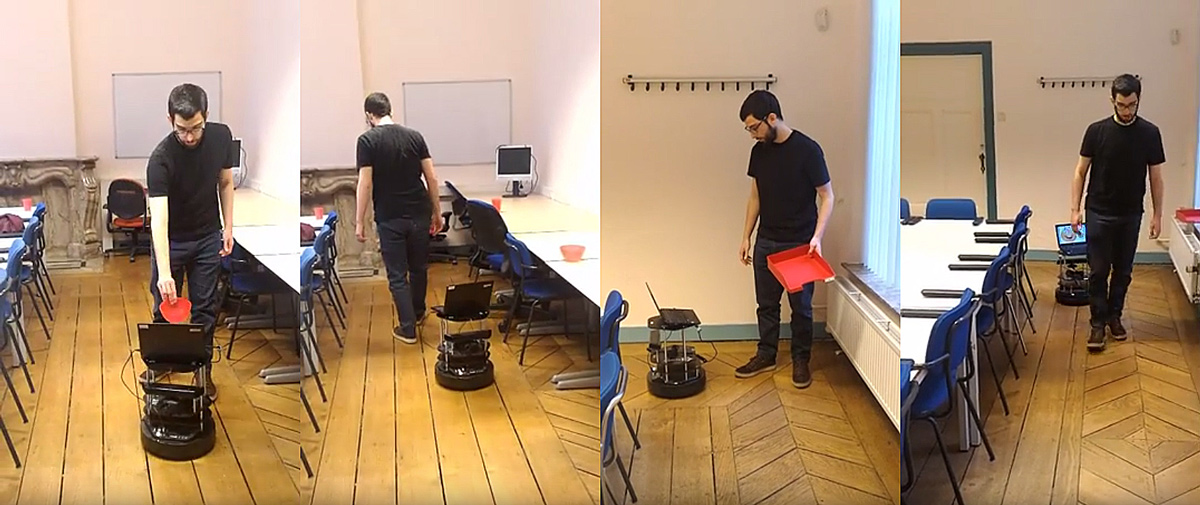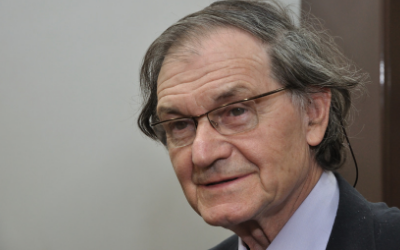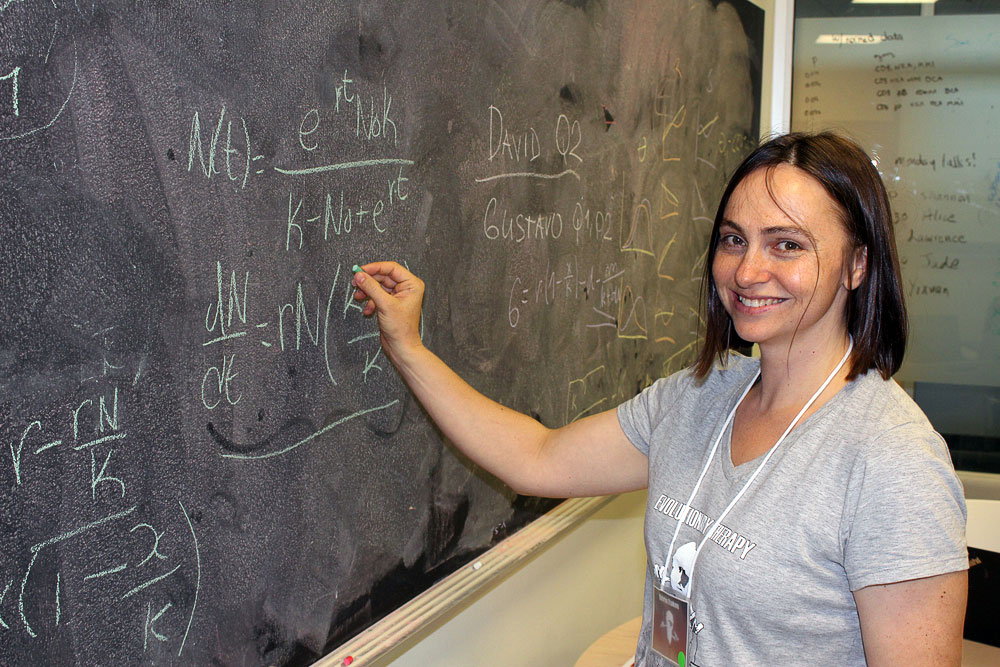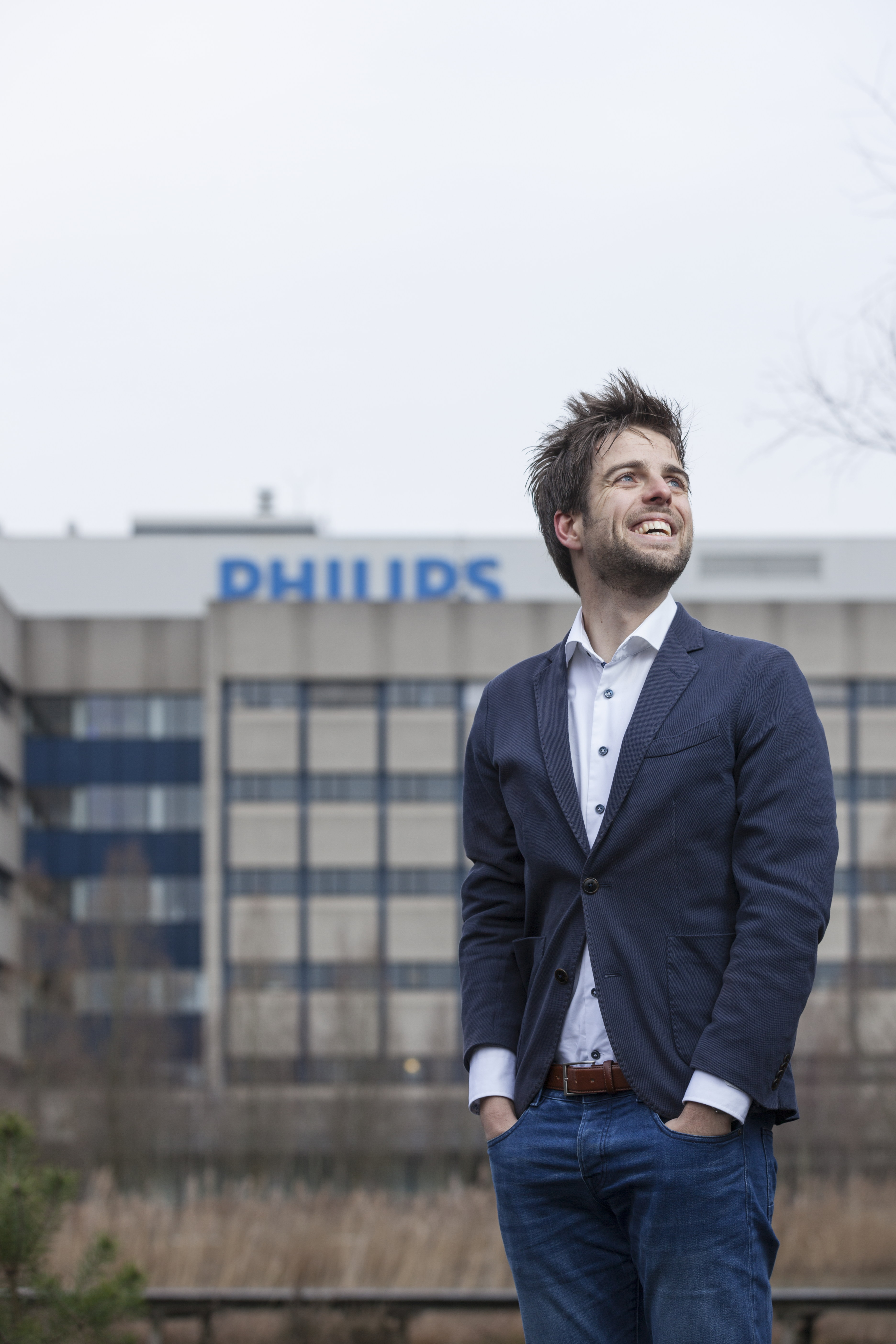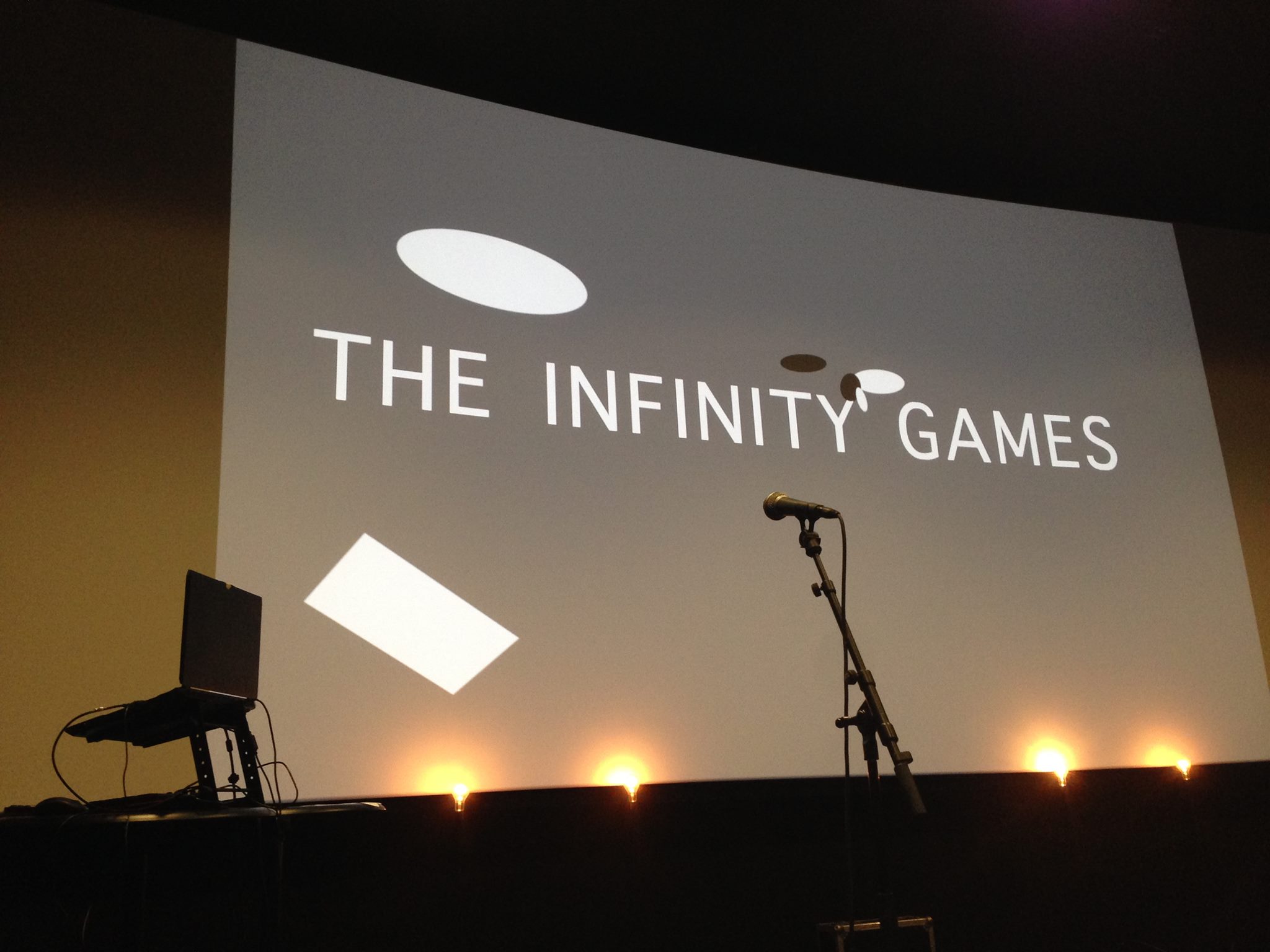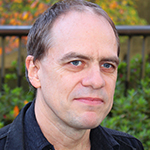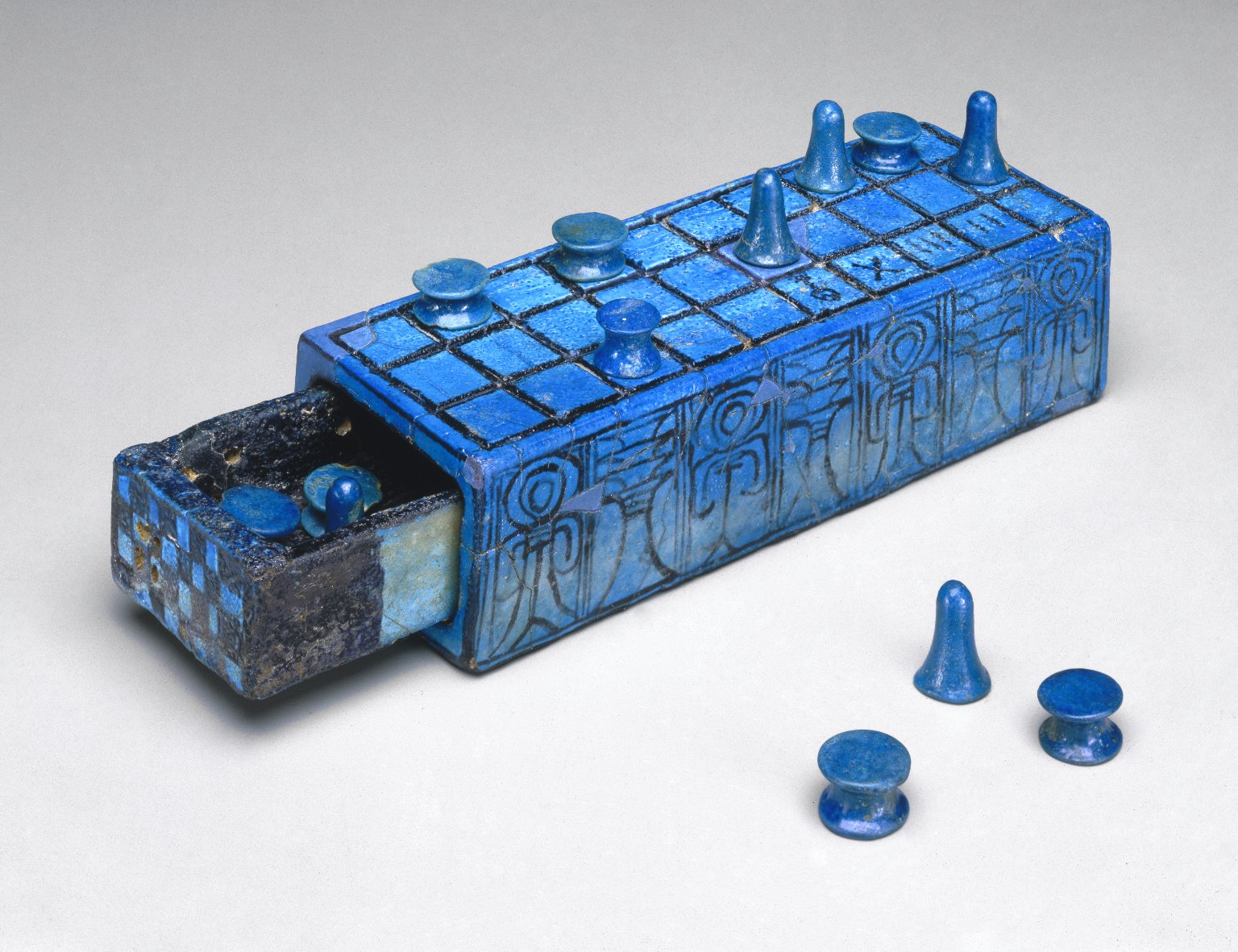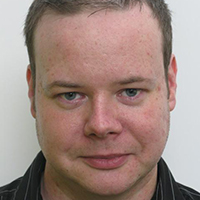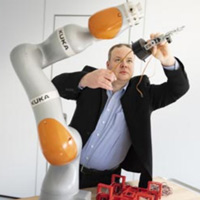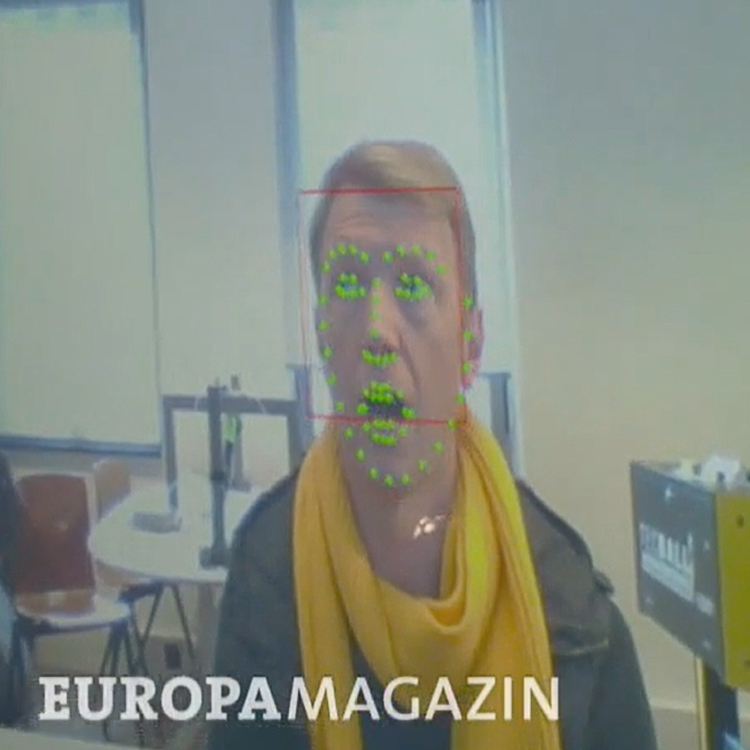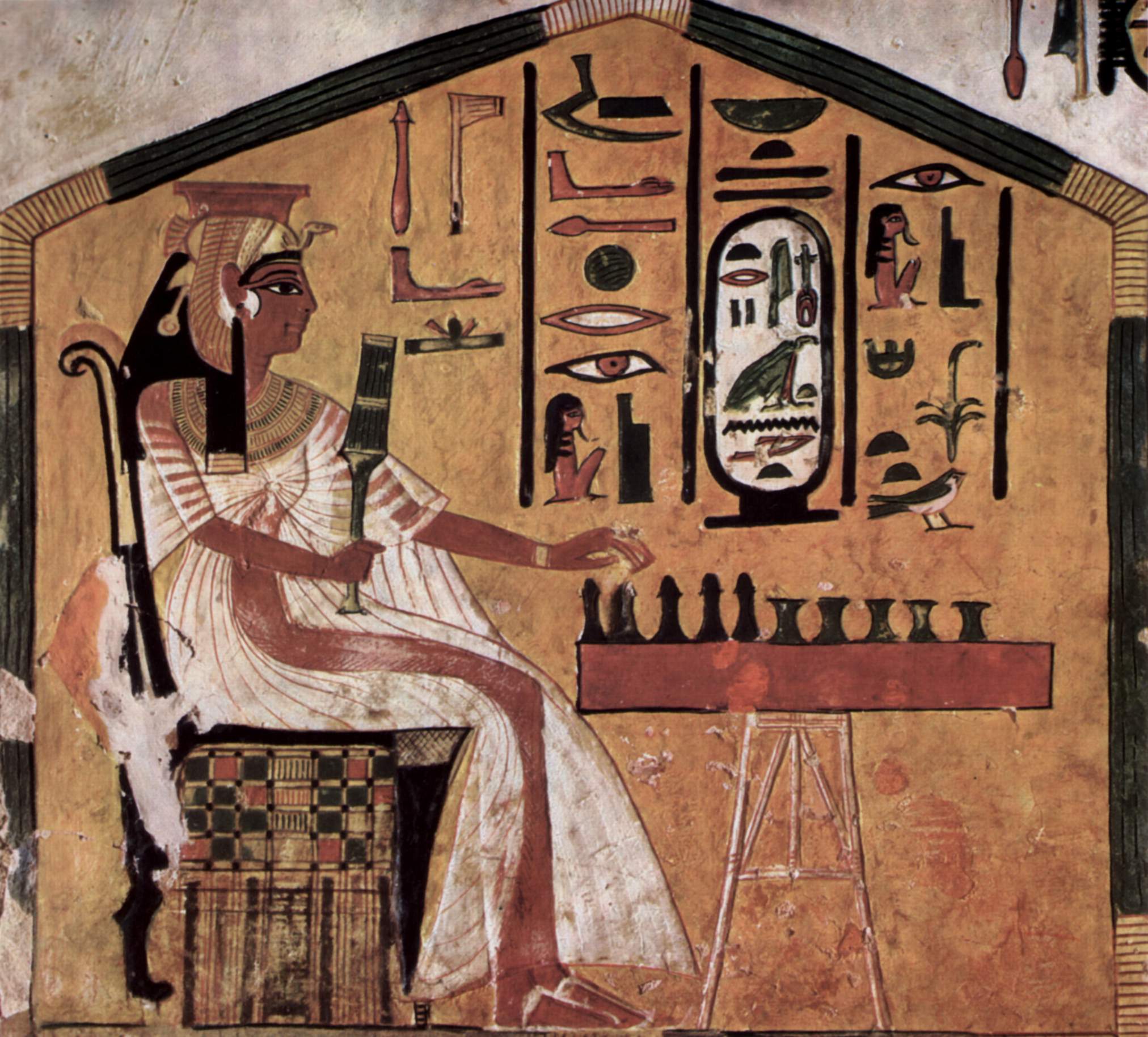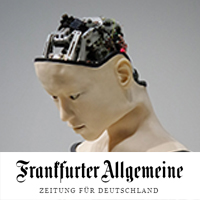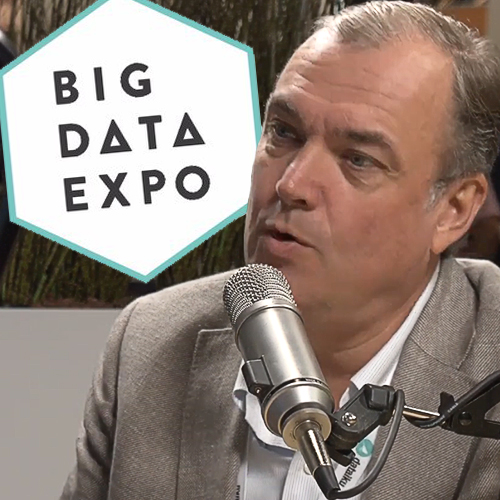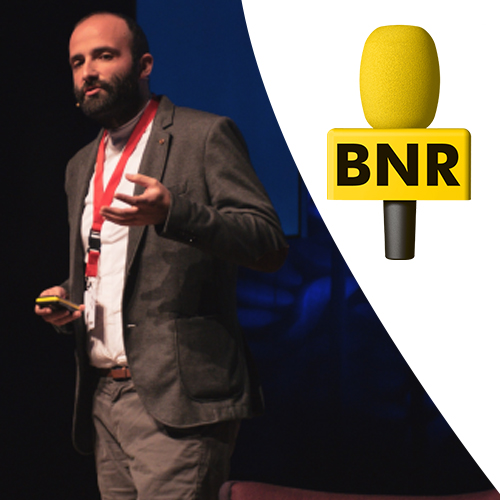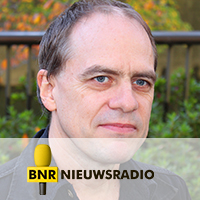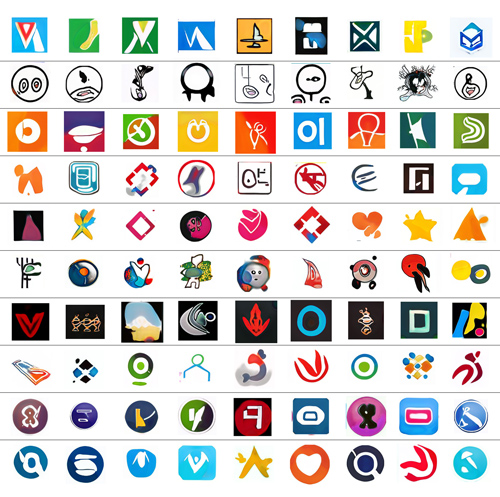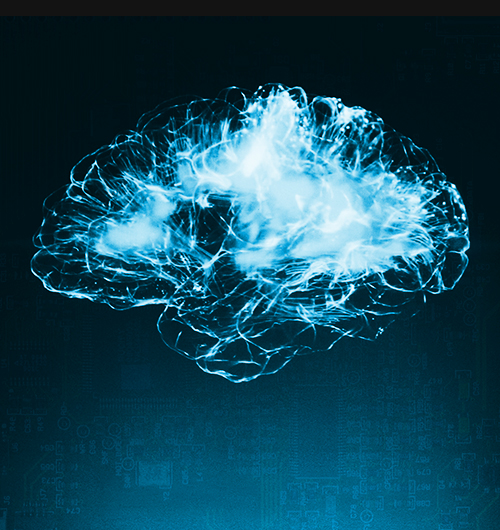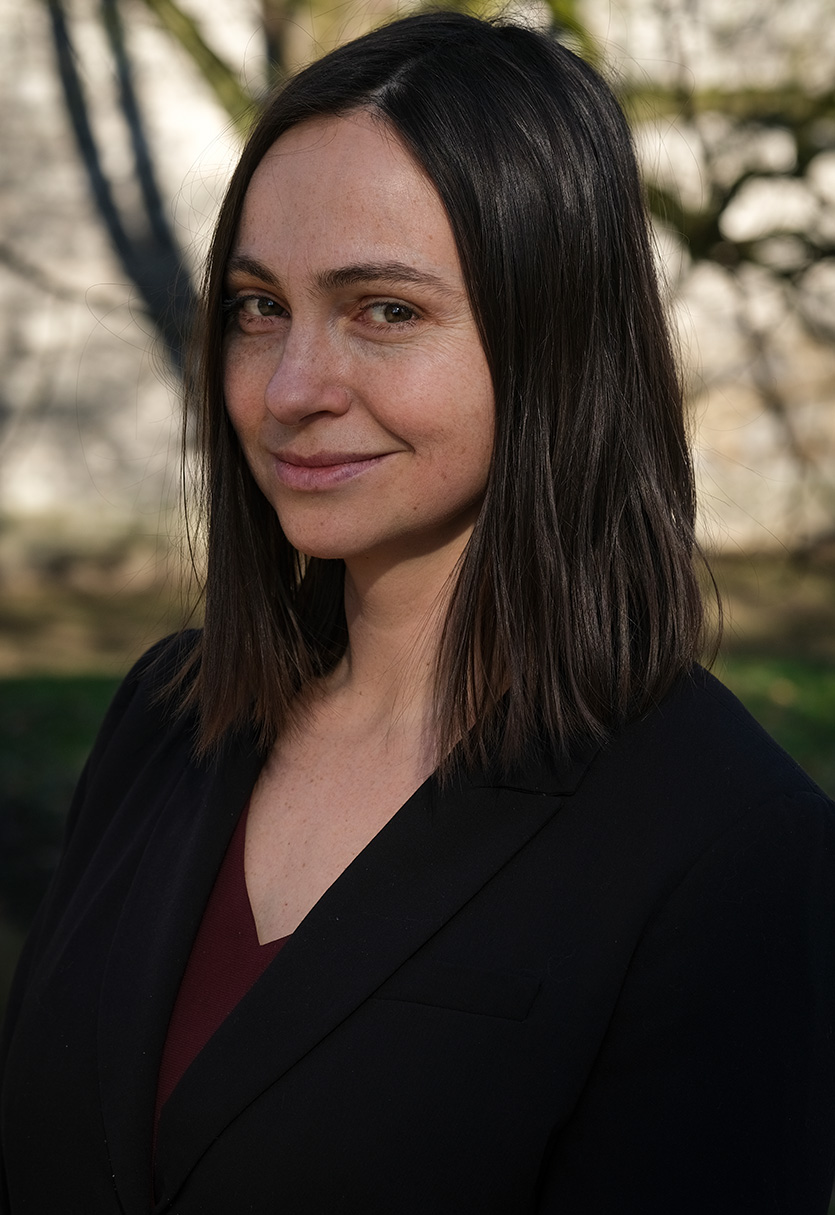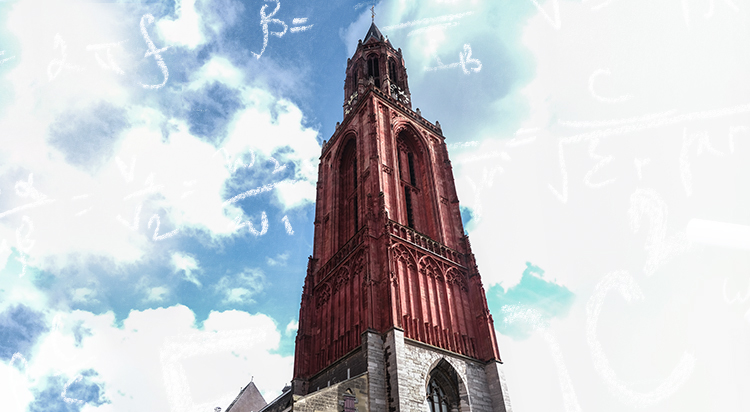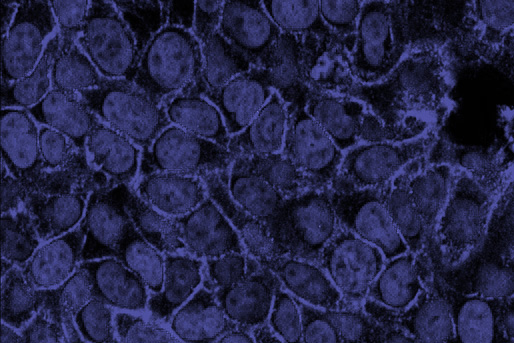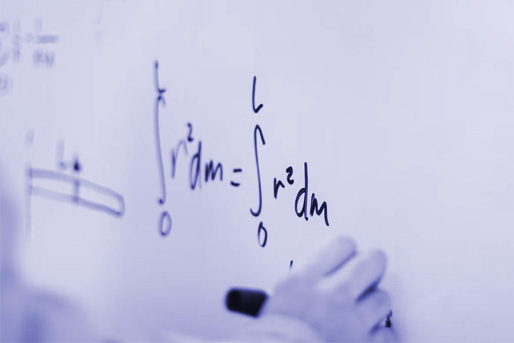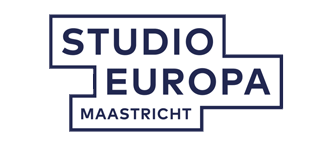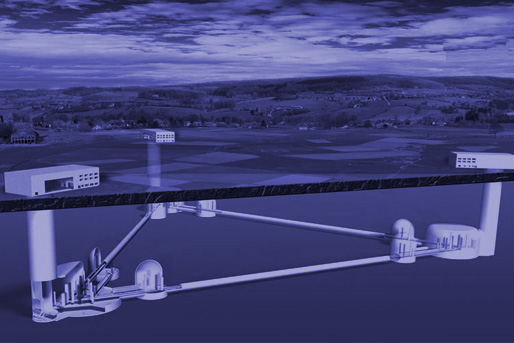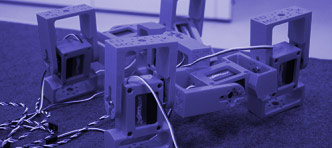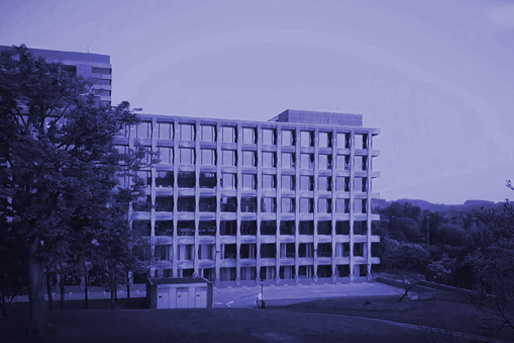Research
The Department of Advanced Computing Sciences is Maastricht University’s largest and oldest department broadly covering the fields of artificial intelligence, data science, computer science, mathematics and robotics.
Over 100 researchers work in the department, whose roots trace back to 1987.
On this page
About us
News, grants and press coverage
Networks, memberships and affiliations
More research
Research area groups
Our research area groups foster collaboration and knowledge exchange between colleagues working on similar methods. Researchers move freely between these groups, which themselves evolve according to the latest advances in the various branches of computing sciences.
Each research area group is led by a dedicated coordinator.
Current research area groups and coordinators
- Algorithms | Coordinator: Steven Kelk
- Cognitive Systems | Coordinator: Enrique Hortal Quesada
- Explainable Artificial Intelligence | Coordinator: Tjitze Rienstra
- Games | Coordinator: Barbara Franci
- Quantum and High-Performance Computing | Coordinator: Menica Dibenedetto
- Systems and Control | Coordinator: Joël Karel
- Data Science | Director of the Institute of Data Science: Michel Dumontier
- Computing Sciences Education | Coordinator: Martijn Boussé
Director of research: Nava Tintarev
Chair: Mark Winands

Professors and chairs
Distinguished university professor
Prof. dr. Michel Dumontier: Data Science | View profile
Prof. Dumontier's research focuses on the development of novel computational methods for responsible data science and artificial intelligence with applications computational drug discovery and personalized medicine. This includes developing approaches in formal knowledge representation (knowledge graphs), machine and deep learning (predictive models and synthetic data), and data quality and data sharing (FAIR principles).
Full professors
Prof. dr. Adriana (Anda) Iamnitchi: Computational Social Sciences | View profile
Prof. Iamnitchi’s research efforts focus on developing and applying computational approaches to extract knowledge from massive amounts of data in order to analyze, model and simulate users’ collective and individual behavior on cyber-social systems.
Prof. dr. ir. Ralf Peeters: Mathematical Aspects of Knowledge Engineering | View profile
The focus of Prof. Peeters' chair is on data-driven methods of mathematical modelling, control and optimization, including signal and image processing and machine learning. Applications lie in health, systems biology, engineering and industry.
Prof. dr. Frank Thuijsman: Strategic Optimisation and Data science | View profile
Research focus is on dynamic (evolutionary) game theory particularly and on operations research (planning and scheduling) more generally. Applications in the bio(medical) domain on the one hand and the industrial domain on the other are a driving force on Prof. Thuijsman's research agenda, and AI tools are used for data analysis.
Prof. dr. Nava Tintarev: Explainable Artificial Intelligence | View profile
As AI systems’ actions and decisions will significantly affect their users, it is important to be able to understand how and why an AI system produced the effect that it did. One key aim of Prof. Tintarev's chair is therefore to make the inner workings of AI systems more accessible and transparent in a human-understandable way.
Prof. dr. Gerhard Weiss: Artificial Intelligence and Computer Science | View profile
This chair’s research focus is on automated knowledge processing and on theoretical foundations and practical applications of intelligent systems. Prof. Weiss is particularly interested in the design and analysis of methods and techniques that enable such systems to cooperate and compete with each other in a flexible and autonomous way.
Prof. dr. Anna Wilbik: Data Fusion and Intelligent Interaction | View profile
This chair bridges the gap between the meaning of data and human understanding in complex application environments, where data can be of various natures. Prof. Wilbik’s research focus lies on supporting interaction between machine and human for joint decision-making, information and data fusion, and decision contextualizing.
Prof. dr. Mark Winands: Machine Reasoning | View profile
Machine Reasoning involves algorithms to efficiently search in general solution spaces, and methods specifically for planning and scheduling, game theory, reasoning under uncertainty, adaptive strategies, and constraint satisfaction. This chair operates on the interface of AI and Mathematics and Operations Research, as many of these algorithms originate from the latter.
Professors holding endowed chairs
Prof. dr. Christopher Brewster: Application of Emerging Technologies | View profile
The chair in Application of Emerging Technologies is supported by TNO.
Prof. Brewster's research interests include Semantic Technologies, Open and Linked Data, Interoperability Architectures and Data Governance, with a focus on food and agriculture, and the wider issues of the impact of technology on the environment.
Prof. dr. David Groep: e-Infrastructure | View profile
The chair in e-Infrastructure is supported by Nikhef.
This chair focuses on the integration of computing systems, networks, and storage; the evolution of algorithms that exploit the novel systems architectures; and the secure collaboration mechanisms that make this a collective, global ecosystem. This e-Infrastructure is then used in data-processing intensive applications to validate the results in real-life.
Prof. dr. Jan Scholtes: Text-Mining | View profile
The chair in Text-Mining is supported by ZyLAB.
Text mining aims to provide deeper understanding and new insights of large collections of textual data as faced in legal, medical, law enforcement, intelligence, social sciences, humanities or marketing applications. Text-mining research applies advanced techniques from the fields of information retrieval (search engines) and advanced natural language processing (NLP).

Research news
-
The programme, which will boost fundamental research in artificial intelligence through public-private collaborations, has a total budget of over 87 million euros. ROBUST will include 17 new labs across the Netherlands and recruit 170 new PhD candidates.
-
A European consortium of 14 partners, coordinated by Maastricht University, has received €7.7 million euros in funding to streamline the curation and publishing of personal health data with the help of artificial intelligence.
-
The new department broadly covers research and education in artificial intelligence, computer science, data science, mathematics and robotics. Over 100 staff members find their home in the new group, which is embedded in the Faculty of Science and Engineering.
-
As of 1 April 2022, David Groep holds an endowed chair at the Department of Data Science and Knowledge Engineering. His work revolves around the complex, large-scale ICT infrastructures that provide a foundation for similarly cutting-edge research.
-
Two large consortia of Dutch companies and knowledge institutes in the mobility and transport sector will receive 47 million euros in government funding to realize breakthroughs in electrification and hydrogen applications in automotive, maritime and air transport.
-
Prof. Nava Tintarev joined Maastricht University in October of last year. She focuses on Explainable Artificial Intelligence, which has an important societal component to it.
-
The Dutch Network of Women Professors announced the recipients of their annual travel fund earlier this month. Dr. Chiara Sironi (DKE) will use the funds to travel to China.
-
Maastricht University will become the first Dutch university to enter the IBM Q Network. The goal of the collaboration is to develop the high-performance computation power required for two next-generation advanced physics detectors.
-
The Netherlands Organisation for Scientific Research (NWO) has awarded a KLEIN-1 grant to Dr. Steven Kelk. He will explore the mathematics behind shrinking the sometimes impossibly huge evolutionary trees.
-
Hundreds of graphics cards will power the LHCb detector’s initial data filter, which is tasked with selecting which particle collision events will be saved and studied at the Large Hadron Collider’s LHCb experiment. One of the driving forces behind the innovation is Dr. Daniel Cámpora.
-
Caring for elderly patients with dementia involves an ecosystem of caregivers. Technological solutions can complete the ecosystem, says Dr. Stelios Asteriadis, who will realize this vision over the next 3 years within the EU-funded project PROCare4Life.
-
Apostolis Zarras, cybersecurity expert at UM’s Department of Data Science and Knowledge Engineering (DKE), talks about his research into cybersecurity, why humans are the weak link and – topically enough – malware attacks.
-
Maastricht University has been officially admitted into the LHCb experiment at CERN, starting January 2020. At the same time, the Faculty of Science and Engineering installed a new chair, prof. Marcel Merk, on collider physics into the newly founded research group.
-
Mark Winands has been appointed as professor of Machine Reasoning at the Department of Data Science and Knowledge Engineering (DKE).
-
Two new H2020 projects on the horizon for the Department of Data Science and Knowledge Engineering: Dr. Apostolis Zarras contributes to PREVISION and Dr. Alexia Briassouli strengthens the MindSpaces consortium.
-
For the European Horizon 2020 innovation project MaTHiSiS, researchers taught machines how to teach you by learning from watching you learn.
-
The Faculty of Science and Engineering welcomes Sir Roger Penrose, emeritus Professor of Mathematics of the University of Oxford, for a two-day visit to Maastricht.
-
Kateřina Staňková, assistant professor at the Department of Data Science and Knowledge Engineering (DKE), co-led her team through a great challenge, resulting in a seed grant to advance their strategy to combat thyroid cancer.
-
Evolutionary game theory can be utilized to improve outcomes in patients with metastatic cancer, according to a new study in the August 9th issue of JAMA Oncology.
-
ICT4Life is an EU-funded project. Its objective consists in implementing an innovative platform that connects patients, families, health professionals and care-givers through user friendly tools.
-
Research that transcends individual disciplines is highly regarded in academia, yet known to be incredibly challenging. Matthijs Cluitmans demonstrates that it is not only possible, but also of great added value. He obtained a joint PhD in 2016 from the Department of Data Science and Knowledge...
-
Maastricht researchers are bridging the gap between art, data and computer science
Recent grants and awards
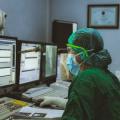
Horizon consortium: AIDAVA
Start September 2022
Distinguished Professor Michel Dumontier and Assistant Professor Remzi Celebi will lead AIDAVA, a new EU-funded Horizon project receiving €7.7 million in total. Together with 14 academic and industry partners, AIDAVA will develop and validate an AI-powered virtual assistant to improve the effectiveness of clinical care and support clinical research.

Horizon consortium: EU Farmbook
Start August 2022
Prof. Christopher Brewster participates in the EU Farmbook project, an EU-funded Horizon consortium supporting knowledge exchange between actors in the Agricultural Knowledge and Innovation System (AKIS) in the European Union. Prof. Brewster receives €1.5 million for leading a work package on data management and technical infrastructure.
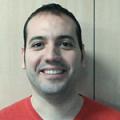
Erasmus+ grant for JOINclusion
April 2022
Dr. Enrique Hortal is part of the JOINclusion partnership, which will build a collaborative serious game to help children in primary schools train empathy. JOINclusion is looking to foster the social inclusion of young immigrants and of refugees specifically. The project receives €290k in total.
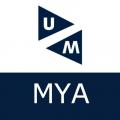
Maastricht Young Academy Interdisciplinary Grant
February 2022
Dr. Amir Ebrahimi Fard and prof. Nava Tintarev (both DKE) team up with Dr. Giulia Piccillo and Prof. Tina Comes (SBE) for the project The impact of repeated exposure to rumours on the belief system. The Maastricht Young Academy supports the project with a €15k grant for interdisciplinary projects.

Sustainability seed fund
January 2022
The interdisciplinary collaboration FOODSY - featuring prof. Anna Wilbik (DKE), prof. Ralf Peeters (DKE), prof. Frank Thuijsman (DKE), prof. Theo de Kok (TGX), prof. Pim Martens (UCV) and prof. Yvonne van der Meer (AMIBM) - receives a €20k Seed Fund for Sustainability Research Spearheads for the project Developing Sustainable Food Systems.

Multi-million investment for Green Transport Delta
30 November 2021
As part of the Green Transport Delta consortium on electrification - which focuses on batteries as part of the transition towards sustainable mobility - Prof. Mark Winands, Prof. Frank Thuijsman, Prof. Anna Wilbik and Dr. Matúš Mihalák receive over €500.000.
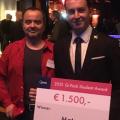
Mateusz Wiza wins Q-Park Student Award
4 November 2021
Dutch parking multinational Q-Park announced the winners of its annual Student Awards this week. Mateusz Wiza, a recent graduate of the bachelor’s programme in Data Science and Artificial Intelligence, was one of the winners to receive a €1.500 cash prize for his thesis.
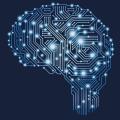
UM part of ROBUST: Trustworthy AI-based systems for sustainable growth
20 September 2021
Prof. Nava Tintarev is a co-applicant in ROBUST, an NWO Long Term Programme led by Prof. Maarten de Rijke (University of Amsterdam/ICAI). The ROBUST consortium wants to carry out multi-year research into reliable artificial intelligence.
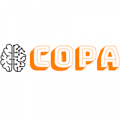
Alexey Chervonenkis Award for Best Student Paper at COPA 2021
10 September 2021
William Lopez Jaramillo and supervisor Dr. Evgueni Smirnov win the award for the paper "Shapley-value based inductive conformal prediction" at the 10th Symposium on Conformal and Probabilistic Prediction with Applications.
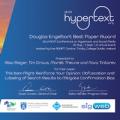
Douglas Engelbart Best Paper Award at ACM Hypertext 2021
2 September 2021
For the paper "This Item Might Reinforce Your Opinion: Obfuscation and Labeling of Search Results to Mitigate Confirmation Bias" by Alisa Rieger, Tim Draws (both TU Delft), Mariët Theune (Twente University) and Nava Tintarev (DKE/TU Delft).
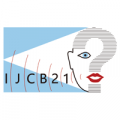
Best Paper 2nd Runner Up Award at IJCB 2021
August 2021
For the paper 'Contrastive Self-supervised Learning for Sensor-based Human Activity Recognition' by Bulat Khaertdinov, Dr. Esam Ghaleb and Dr. Stelios Asteriadis, at the 2021 International Joint Conference on Biometrics.
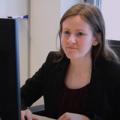
Dr. Chiara Sironi wins LNVH Distinguished Women Scientists Travel Fund
May 2021
The Dutch Network of Women Professors announced the recipients of their annual travel fund earlier this month. Dr. Chiara Sironi will use the funds to travel to China.
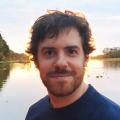
ASDI grant for Dr. Daniel Cámpora and colleagues
5 April 2021
Together with Dr. Roel Aaij (PI, Nikhef) and Dr. Jacco de Vries (GWFP/Maastricht University), Dr. Cámpora receives €252k funding from the Netherlands eScience Center for the project High-throughput GPU computing for New Physics searches with electrons in LHCb.
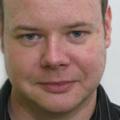
Horizon 2020 consortium: CoRoSect
15 January 2021
Dr. Rico Möckel coordinates the European CoRoSect consortium - funded through a €7 million grant from the European Commission's Horizon 2020 programme - which will work towards automated insect farming.
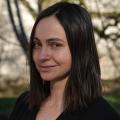
NWO ‘Stairway to Impact’ prize for Dr. Kateřina Staňková
2 December 2020
The new NWO Science Domain awards recognize inspirational scientists in five categories, among which societal impact. Staňková receives the €50.000 cash prize for her contributions to mathematics-based cancer therapies.
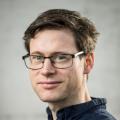
Dr. Mathias Staudigl receives PGMO grant
September 2020
A one-year grant from the Gaspard Monge Program, which funds a postdoc position to study privacy-preserving algorithms for the distributed control of energy markets together with French energy company EDF.

Horizon 2020 ITN: EvoGamesPlus
22 July 2020
The European Commission has awarded nearly 4 million euros to the Innovative Training Network (ITN), which focuses on evolutionary game theory and is coordinated by Dr. Kateřina Staňková.
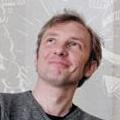
NWO KLEIN-1 grant for Dr. Steven Kelk
20 July 2020
The Netherlands Organisation for Scientific Research (NWO) awards a KLEIN-1 grant to the project 'Shrinking the tree(s) of life to better understand the evolution of species'.

LHCb Early Career Researcher Award for Dr. Daniel Cámpora
11 June 2020
Starting in 2021, the LHCb detector at CERN's Large Hadron Collider will use the GPU-powered Allen system to filter data; Dr. Cámpora was awarded the prize for his contribution to this innovation.
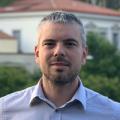
EU H2020 grant: A Secure Healthcare Environment for Informatics Resilience (HEIR)
01 September 2020 (start)
Dr. Apostolis Zarras is part of the HEIR consortium, which will provide threat identification and a cybersecurity knowledge base system for healthcare.

NWO KLEIN-2 grant for Dr. Kateřina Staňková
16 April 2020
The Netherlands Organisation for Scientific Research (NWO) awards €570.000 for mathematics to aid metastatic cancer treatment.
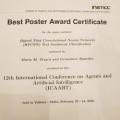
Best Poster Award for Maria M. Truşcă and Dr. Jerry Spanakis
24 February 2020
Awarded for the paper 'Hybrid Tiled Convolutional Neural Networks (HTCNN) Text Sentiment Classification' during ICAART2020 in Valletta, Malta.

EU H2020 grant: PROCare4Life
01 January 2020
Dr. Stelios Asteriadis & team participate in the PROCare4Life consortium, which will build an integrated care ecosystem for elderly patients. They will focus on artificial intelligence for activity recognition and heterogeneous data fusion.
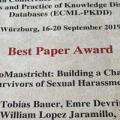
Best Paper Award for #MeTooMaastricht chatbot
20 September 2019
The #MeTooMaastricht chatbot prototype won Best Paper Award at the 4th Workshop on Data Science for Social Good (SoGood 2019) in Würzburg, Germany.
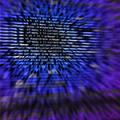
EU H2020 grant: PREVISION
01 May 2019
Dr. Apostolis Zarras partakes in consortium aimed at providing data science tools for law enforcement agencies fighting against (cyber)crime and terrorism.

EU H2020 grant: MindSpaces
14 January 2019
Dr. Alexia Briassouli partakes in consortium set to design indoor and outdoor spaces, based on VR/AR environments that dynamically adapt to the end user’s experience.
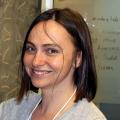
First prize ($50.000) at Integrated Math Oncology workshop
13 December 2018
Dr. Kateřina Staňková co-leads winning team devising a multi-disciplinary approach for treatment of metastatic thyroid cancer.
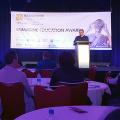
Silver Reimagine Education Awards for KE@Work
04 December 2018
Honours path KE@Work wins international education prizes for Best University-Employer Partnership and in the category 'Engineering & IT'.
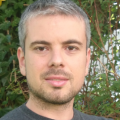
Best paper award for Dr. Apostolis Zarras and colleagues
03 December 2018
‘Hiding in the Shadows: Empowering ARM for Stealthy Virtual Machine Introspection’ wins best paper award at ACSAC 2018.
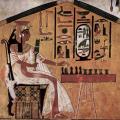
ERC Consolidator grant for Dr. Cameron Browne
01 April 2018
€2 million to start the Digital Ludeme Project at DKE, aiming to reconstruct and inter-relate 1,000 ancient games using artificial intelligence.
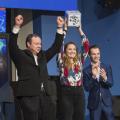
Data Science Research Proposal Award for DKE staff and students
25 January 2018
8 DKE students and 5 DKE researchers win €5000 with colleagues from SBE, FPN and LAW.
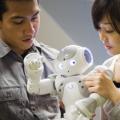
Poster prize for Dr. Rico Möckel and colleagues
29 November 2017
‘An fNIRS-based brain-machine interface for remote robot control’ wins poster prize at rtFIN2017.
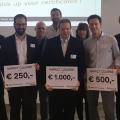
Dr. Rico Möckel wins Impact Course competition
06 October 2017
€1000 for intelligent robotic game devices assessing cognitive, physical and social capabilities in children and elderly people.
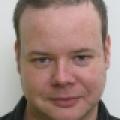
Best paper award for Dr. Rico Möckel and colleagues
05 June 2017
Best paper award at the 2017 IEEE Congress on Evolutionary Computation.
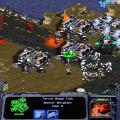
DKE student wins Student StarCraft AI Tournament
28 March 2017
Martin Rooijackers (Master’s student Artificial Intelligence) wins both the student-division and the mixed division at SSCAIT.
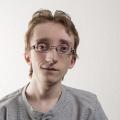
Multiple awards for DKE student
11 October 2016
Dennis Soemers (Master’s student Artificial Intelligence) wins best student paper at IEEE CIG 2016 and the General Video Game AI competition.
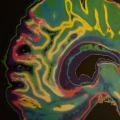
EU H2020 grant: MaTHiSiS
01 February 2016
Dr. Stelios Asteriadis partakes in consortium set to develop innovative educational tools for learning in formal and informal settings.

EU H2020 grant: ICT4Life
19 January 2016
Dr. Stelios Asteriadis partakes in consortium set to develop ICT care solutions for patients with dementias.

Best paper award for Dr. Nico Roos and colleagues
19 July 2015
‘Matching Terminological Heterogeneous Ontologies by Exploiting Partial Alignments’ wins best paper award at SEMAPRO 2015.
Researchers in the media
-
Dr. Walter Crist (Digital Ludeme Project) answers this question in an online lecture for Universiteit van Nederland.
-
Dutch newspaper Parool and Belgian newspaper De Morgen ask for Dr. Cameron Browne's opinion on a new archeological game find (article in Dutch).
-
Article in English: Rules to these ancient games seemed lost forever. Then AI made its move
-
Dr. Rico Möckel and Kamil Bujnarowski discuss CoRoSect in a radio segment for BNR Nieuwsradio (interview in Dutch and English).
-
This AI Resurrects Ancient Board Games—and Lets You Play Them features Dr. Cameron Browne and Dr. Walter Crist.
-
The July edition of I/O Magazine features a portrait of the DKE SwarmLab and its members.
-
German national TV channel Das Erste (ARD) visited DKE to discuss how Brexit may impact European research collaborations and students (TV fragment in German).
-
Science covered a publication by archaeologist Walter Crist (Digital Ludeme Project), which spread to news outlets across the world including Daily Mail (UK) and Fox News (US).
-
American station BYU Radio talks ancient board games and artificial intelligence with Dr. Cameron Browne for their show Top of Mind (interview in English).
-
In the Frankfurter Allgemeine Zeitung, Prof. Gerhard Weiss discusses why companies can be reluctant about AI applications although they think it is a game changer in their domain (essay in German).
-
Studio Data discusses text mining, AI education in Maastricht and the benefits of being both CSO of ZyLAB and extraordinary professor (interview in Dutch).
-
Another feature on BNR Nieuwsradio: Dr. Jerry Spanakis discusses the Law&Tech lab. (Report in Dutch)
-
BNR Nieuwsradio’s show 'Wetenschap Vandaag' (‘Science Today’) spoke with Dr. Cameron Browne. (Report in Dutch)
-
Cedric Oeldorf’s MSc thesis resulted in LoGAN v2: an AI that creates high-quality logos. Tech website Venturebeat discussed the preprint. (Article in English.)
-
Together with Dr. Jerry Spanakis, five DKE master’s students built a chatbot that helps victims of sexual harrassment. UK-based online tech magazine The Register discussed their preprint (article in English), which led to international coverage in newspapers Het Financieele Dagblad (NL), De Morgen...
-
Prof. Gerhard Weiss wrote an essay for the Sueddeutsche Zeitung: ‘KI als Schulfach’. What can policy makers and businesses do to ensure Europe stays competitive in the field of Artificial Intelligence? (Essay in German)
-
MIT Technology Review discusses the Digital Ludeme Project and the founding of a new research field combining AI and the study of ancient games.
-
Dr. Kateřina Staňková discusses using game theory for cancer treatment on Australia’s ABC Radio National (interview in English).
-
Czech university magazine Universitas interviews Dr. Kateřina Staňková about mathematics in cancer treatment (article in English).
-
Regional newspaper De Limburger reports on our alternative city guide, Math/Maastricht (article in Dutch).
Within Maastricht University

Institute of Data Science
The Institute of Data Science (IDS) is committed to research in data science and artificial intelligence, collaborating across disciplines, institutions, and sectors. The goal is to accelerate scientific discovery, improve clinical care and well-being, and to strengthen communities.
The Institute of Data Science is part of the Department of Advanced Computing Sciences.
External networks
The Department of Advanced Computing Sciences is a member of, or involved in, the following networks:
- The European AI Alliance
- The National AI Coalition
- BNVKI - Benelux Association for Artificial Intelligence
- CLARIAH - Common Lab Research Infrastructure for the Arts and Humanities
- CLAIRE - Confederation of Laboratories for Artificial Intelligence in Europe
- DISC - National Graduate School for Systems and Control
- Digital Society
- DSPN - Data Science Platform Netherlands
- DTLS - Dutch Techcentre for Life Science
- Dutch Big Data Alliance
- FieldLab Robotics
- ICAI - Innovation Center for Artificial Intelligence
- IPN - ICT Platform Netherlands
- KION - Artificial Intelligence Studies Netherlands
- LNMB - Dutch Network on the Mathematics of Operations Research
- ODISSEI - Open Data Infrastructure for Social Science and Economic Innovations
- PWN - The Dutch Platform for Mathematics
- SIG-AI - ACM Special Interest Group on Artificial Intelligence
- SIKS - Netherlands Research School for Information and Knowledge Systems

